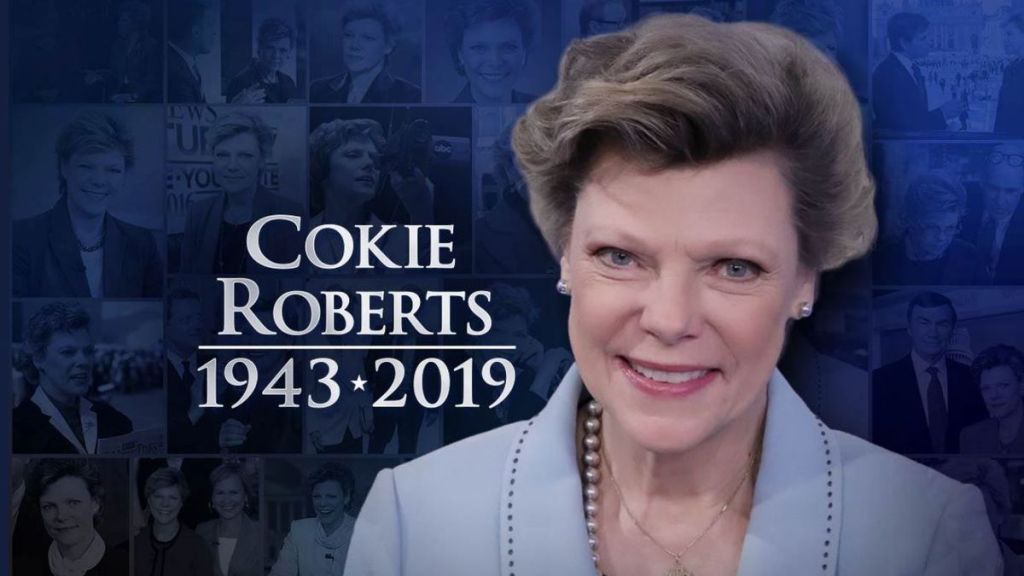
Daniel Moore
April 29, 2021
As Linda Wertheimer rode the bus to work ahead of National Public Radio’s first broadcast in 1971, mobs of antiwar protesters tried to throw tear gas canisters through the windows. Braving the nauseating smoke, she finally made it to the fledgling station, where a group of talented and under-paid young women were among the first to dive into the grand experiment of public radio.
“I got to work, I got upstairs where I was supposed to be, and started helping to put the program together,” Wertheimer said in reflecting on the experience at a National Press Club virtual Book and Author webcast Thursday. “That was an enormous accomplishment, I thought.”
Wertheimer was joined on the webcast by her longtime colleagues, NPR journalists Susan Stamberg and Nina Totenberg, to discuss their early and enduring role of women at the station. Their experiences were chronicled in “Susan, Linda, Nina & Cokie: The Extraordinary Story of the Founding Mothers of NPR” by Lisa Napoli, who joined the webcast as well.
At its inception, NPR tended to hire more women than other media outlets, Wertheimer said, because the station got “more bang for its buck”: It could pay women less and get more talented, hard-working staffers than men at the same wage rate.

Once there, the women discovered a remarkable movement in the news business that sought to bring a variety of voices — from politicians to police officers to farmers — to regular people around the country.
“We were creating this thing — we were reinventing radio, essentially,” said Stamberg, who was also at NPR during the first broadcast and the only female anchor. “We were the ones who presented news seriously and delivered it seriously.”
With a dearth of resources to start and constant fears of budget cuts, the women became some of the defining voices on air.
Totenberg, the lone reporter responsible for covering the U.S. Supreme Court, the Justice Department, the intelligence agencies and the congressional judiciary committees, grabbed scoops that earned NPR wide recognition, including breaking the story on Anita Hall’s sexual harassment allegations against then-Supreme Court nominee Clarence Thomas.
Totenberg recalled being shocked at the number of television networks that had gathered at Thomas’s confirmation hearings after her explosive report.
The fourth woman profiled in Napoli’s book, Cokie Roberts, who died in 2019, came to NPR after getting her first big break as a political analyst on television, Napoli said. Roberts was asked to be a contributor on ABC’s “This Week with David Brinkley” because they needed a woman’s voice, she said.
Together, “All four women helped solidify the fact that women were intelligent, articulate people about things other than society junk, which is mostly what women were relegated to covering,” Napoli said.
The women said the camaraderie among women at NPR helped them through some of the endemic sexism and low pay.
Totenberg previously worked at newspapers where she was the only woman reporter. “I was not taken seriously at all,” she said. “Then I came to NPR where there were women who were way smarter than I am and very accomplished.”
And the women spurred a diversity of news coverage that ultimately made NPR what it is today, the three NPR pioneers said. When Stamberg was anchoring, she said, “I was a woman and a parent of a young child and a wife — and I could lobby hard at editorial meetings every morning that those were issues that needed to be covered on our news broadcast.”
Stamberg, lamenting the decline of local newspapers and the splintering of cable news into political commentary, said NPR is needed more than ever. “We end up being the last person standing,” she said.
